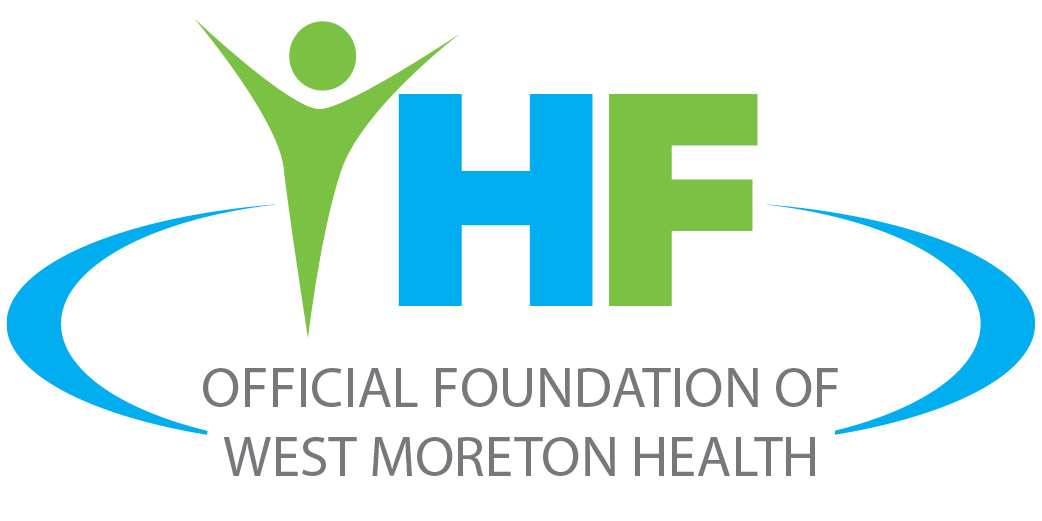
Diagnosing jaundice in newborn babies is now faster and less stressful for babies, families, and midwives across the West Moreton region, thanks to the addition of four new Bilistick testing machines at Ipswich Hospital’s Special Care Nursery.
The Bilistick technology, which is used to test newborn babies for jaundice, provides instant results, enabling faster medical intervention and nursing care for infants impacted by jaundice, and resulting in babies being discharged back to their families more quickly after treatment.
The four new machines were purchased thanks to a $24,000 grant won by Ipswich Hospital Foundation from the Courier Mail Children’s Fund.
Nurse Unit Manager Kathryn Howard, and Manager, Midwife, Antenatal and MGP Julie Eaton said their team are now utilising this new equipment, and it’s reducing stress and waiting times for tiny patients and their families.
Prior to the introduction of the Bilistick systems, midwives had to return to the hospital to have newborn’s blood tested by Pathology in cases of possible jaundice. With the new Bilistick machines, midwives will be able to perform the test right in the patient’s home and then advise the family immediately if the baby requires special hospital care.
With each midwife visiting an average of between four and five patients each day, it means that between 700-800 babies can now be tested in the comfort of their homes.
As well as reducing stress and waiting times, the Bilistick System, which costs around $9 per test, will provide a significant saving compared to more traditional blood tests (at a cost of around $13 per test), with an average of 1,000 tests being conducted each year.
According to Julie Eaton, the system is simple to use, and staff can be trained quickly in-house by the Clinical Midwife.
The new Bilistick Systems are now in use for home visits, in the Special Care Nursery and in the special care ward.
This project is supported by:



